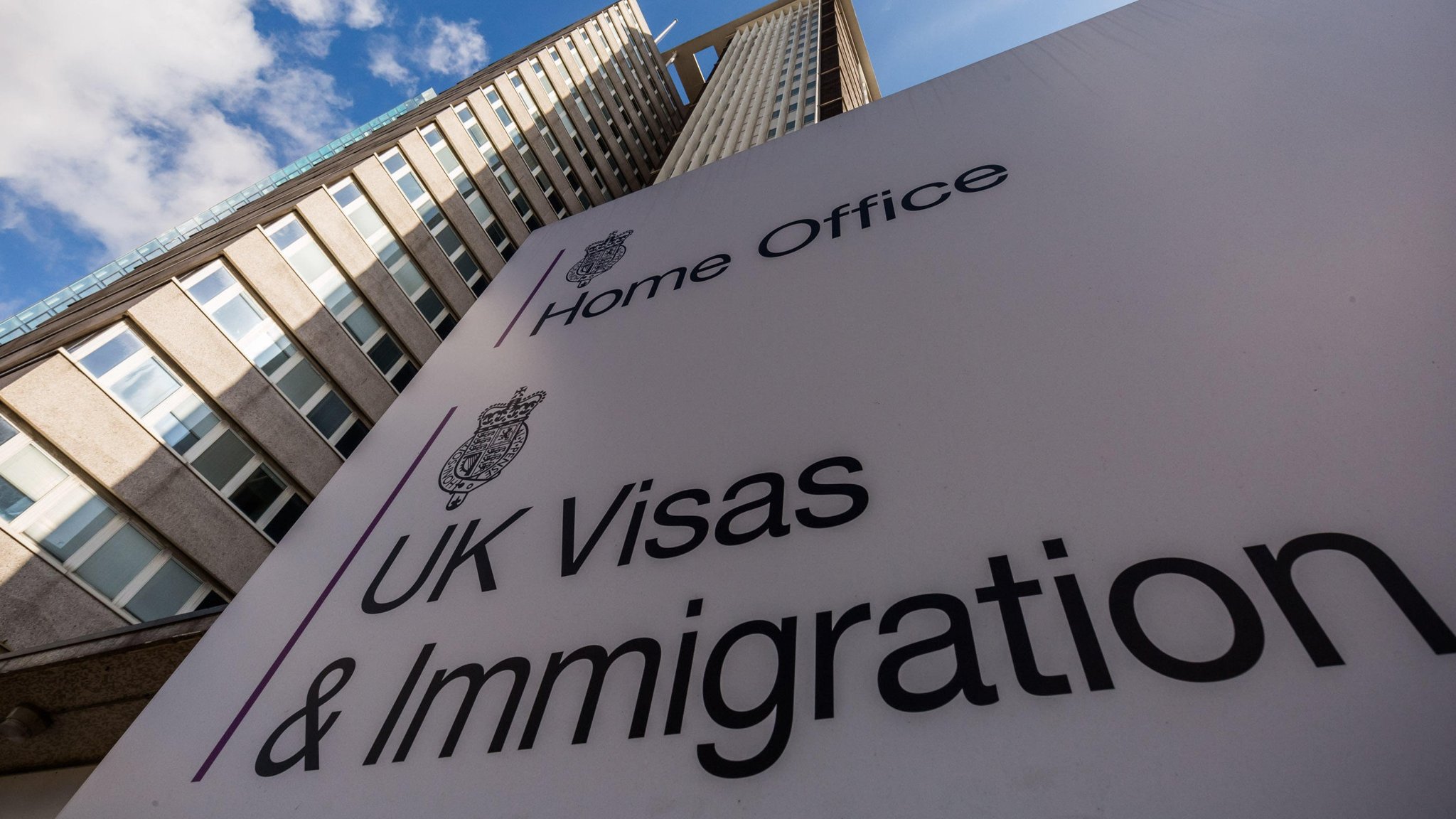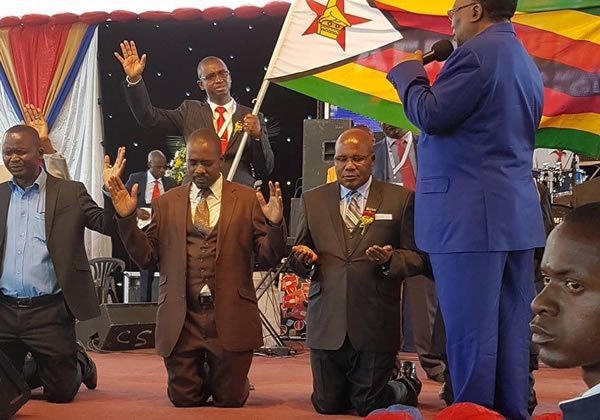by Alex T. Magaisa
One day, during the constitutional negotiations, the committee in which I participated got a surprise proposition from a superior committee, which consisted of political negotiators who were representing the principals in the long-running political negotiations. It had become a semi-permanent feature of the political landscape for some years, consisting of the same people from the different parties. Usually, if there was a problem in our committee, it was “parked” and referred upstairs for resolution.
The issue we were grappling with was over the rules of succession. The main argument we were proposing was that only an elected and not an appointed person should be able to succeed a departed President which created a vacancy.
There was no clear data on this from the field so its resolution fell to the negotiators and experts. The surprise proposition was not exactly about succession but over the election of the President. It was that Zimbabwe would adopt an American-style system of running-mates, whereby a Presidential candidate would be required to nominate two persons, who would become his or her running mates for the election. The effect of this was that these running mates would subsequently become the First and Second Vice Presidents respectively, upon victory. (This is what s. 101 of the Constitution provides, but as I will explain, this clause was suspended for the first decade).
This would also resolve the succession issue because if, for any reason, a vacancy occurred in the office of the President, he or she would automatically be succeeded by the First Vice President. There would be no legitimacy deficit on the part of such a successor to complete the presidential term because he or she would have been popularly elected alongside the President, unlike a scenario in which the Vice President would have been a mere presidential appointee.
This made practical sense as it meant that the country would be saved from having to go through an election to replace a departed President mid-way through his or her term, as the Zambians are now having to do and have had to do in the recent past after the death of President Mwanawasa. Elections are costly, both in time and resources which could be devoted to development projects. They also cause serious divisions and distractions, as is evident presently in Zambia. A simple and efficient way of succession would be preferable and the proposed method seemed perfect for this reason.
Besides, in taking the running mates approach, we would be following a model already in use in Malawi and had also been adopted in Kenya. It was on that account that Joyce Banda became Malawi President after the death of President Bingu wa Mutharika.
What was interesting was that this proposition did not come from our end in the MDCs, but from Zanu PF. They are the ones, to my understanding, who proposed the running mates clause. We were grateful for it. In fact, we could not believe our good fortune. And I will explain why in a moment. Nevertheless, when the proposition emerged in the draft Constitution and was leaked to the press, it lit a fire of controversy.
It soon became clear that the running mates clause did not have widespread support within Zanu PF itself. I suspect a reconsideration of the full implications and whom it favoured among the Zanu PF factions caused the retreat. It is this internal politics that explain why a few weeks later, while the running mates clause remained in the Constitution, it was effectively symbolic as it was suspended from operation for a decade.
Instead of Vice Presidents being elected as running mates of the Presidential candidate, they would, during the first decade, be appointed directly by the President. This is what s. 14(1) and (2) of the Sixth Schedule of the Constitution state. S. 14(4) of the Sixth Schedule goes further and suspends the provisions which would normally apply at succession so that a vacancy in the office of the President is filled not by automatic promotion of the Vice President but by a nominee of the political party which was represented by the departing President when he or she was elected.
This new method, if applied to a hypothetical scenario of the current government would mean that should President Mugabe, for whatever reason vacate office before the end of his term, it is Zanu PF that will nominate a successor in order to fill the void. How Zanu PF makes this selection is its business. The Constitution does not set the rules.
But one could surmise that, since Zanu PF has resolved to amend its Constitution, so that all senior officers, including the Vice Presidents, are appointed by the President, if he, for whatever reason, departs office, Zanu PF may have to resolve the succession question via an Extraordinary Congress, where an election will be held, unless another method of selection is determined in advance. It is for this reason that while the December Congress will give some direction on who is favoured to succeed Mugabe, that on its own, will not be the end of the matter, and those who are ‘dead’ as of now, might find some room for resurrection, although that would be a remote possibility. Still, the point is that whoever is appointed VP after Congress will not be guaranteed for succeeding Mugabe.
But why was the otherwise simple and straightforward running mates clause and attended succession clause suspended for ten years?
First, it is important to understand why we thought it was a useful clause in political terms apart from the legal and legitimacy reasons already given. Strategically, as I pointed out to colleagues at the time, the running mates clause was an important opportunity, because it would force Mugabe to confront a question that he had long postponed, i.e. the matter of succession in his own party and confronting this hot issue so near to an election would have forced him to declare his hand on his favourite in the succession race. In terms of the Constitution, the choice of running mate was the candidate’s and given the implications on hierarchy in the country and the party, it would have revealed his choice of successor.
Politically, this might have caused the controversy, tension and potential break-up that we are now witnessing. It would have produced a seriously disappointed and disgruntled constituency in Zanu PF. Consequently there would have been a good chance of facing a divided and weakened Zanu PF. This, in turn, would have worked in our favour. So the running mates clause was a good clause for us, in a political sense.
It is not surprising therefore, that when they mulled over its implications in Zanu PF, they realised they had made a big mistake and fought hard to exclude it from operation for the first decade of the Constitution. What Mugabe had done was essentially to go into the election with a united party, a fake unity, yes, but one that was necessary for him to retain power. Having achieved his goal, he is now doing what the running mates clause would have forced him to do before the elections but without the risks that accompany such a process.
But why did we, on our side, not insist on the running mates clause given the apparent advantages that it offered? That is something that still eludes me to this day. I don’t know why there was a concession and a compromise on this issue.
But I should point out that we did not have a shortage of challenges on our side. The same question that confronted Zanu PF, as to who would be the running-mates, also confronted our side. Once the implications of the running mates clause and the attendant succession clause became clear, many in the top echelons of the party began to eye the running-mates slots. It became a source of potential jostling.
And here, I must add that there was a distinctly patriarchal dimension to what happened. The major problem was that in both parties, there was already an established hierarchy, and the leaders would naturally have to pay due regard to that in selecting their running mates. This placed two women, Joice Mujuru in Zanu PF and Thokozani Khupe in the MDC-T, on the front foot in their respective parties. As the two VPs in their parties, the greater likelihood was that each would be nominated as the first running mate and therefore, be the first Vice President should their respective leaders win the election. That would place each of them within a whisker of the top office in the land, should anything happen to their leaders while in office.
Now, I suspect there was some shared concern and disquiet among males in both parties about this very strong possibility. No-one among male politicians will admit to it publicly but I very strongly suspect that there was a shared sense of quiet disapproval of this potential circumstance. There were whispers. As it happened, none of the two women had strong representatives in the negotiations. I am not surprised that the running mates and succession clauses were sacrificed by way of suspension for a decade. The effect of this suspension was effectively to take away from the two women, an advantage that they would have had ahead of their rivals. For all the rhetoric over gender equality preached by male politicians during the process, I thought much of it was hot air and that when it really mattered, women always got a raw deal.
From a strategic point of view, I thought that the suspension of the clauses was a setback but you have to acknowledge that tactically, Mugabe and his team had avoided a serious pitfall. We would have had some fall-outs from the selection of the running mates but certainly not as serious as Zanu PF’s as present events demonstrate. Mugabe had avoided the problem of choosing a successor before a critical election and the consequences, including more Bhora Musango that would have haunted him. His internal adversaries failed to read the wind and aided him in claiming a controversial victory and now by choosing his Vice Presidents, he is doing exactly what the running mates clause would have required him to do.
I have been reading an old autobiography written by Didymus Mutasa, called Rhodesian Black Behind Bars, written in 1974, soon after his release from detention. In it he describes a scene with his fellow detainees, who included Mugabe. “Afterwards,” writes Mutasa, “I was escorted back to the cell. Edgar [Tekere] and I played our last game of Tsoro and I lost a set of three games. He was pleased that he won and so was I. We were playing a game with definite rules. Maurice Nyagumbo watched and sometimes took part. He was keen and wanted me to win. There was Enos Nkala, Robert Mugabe, who knew the game better than us, and Morton Malianga.”
It was his additional, albeit brief, characterisation of Mugabe that caught my attention. He says, in that statement that Mugabe, knew the game of Tsoro better than all of them. Tsoro is a traditional game in the same genre with chess and draught. It requires quick thinking, careful calculation and an ability to think ahead of the other player. Mutasa says Mugabe was better at it that all of them. That was 40 years ago. Mugabe will soon be 91 and it seems, he is still better than most in the game of political Tsoro.
wamagaisa@yahoo.co.uk.
This article was originally published on http://newzimbabweconstitution.wordpress.com/2014/11/23/how-succession-rules-were-changed-in-the-new-constitution/






